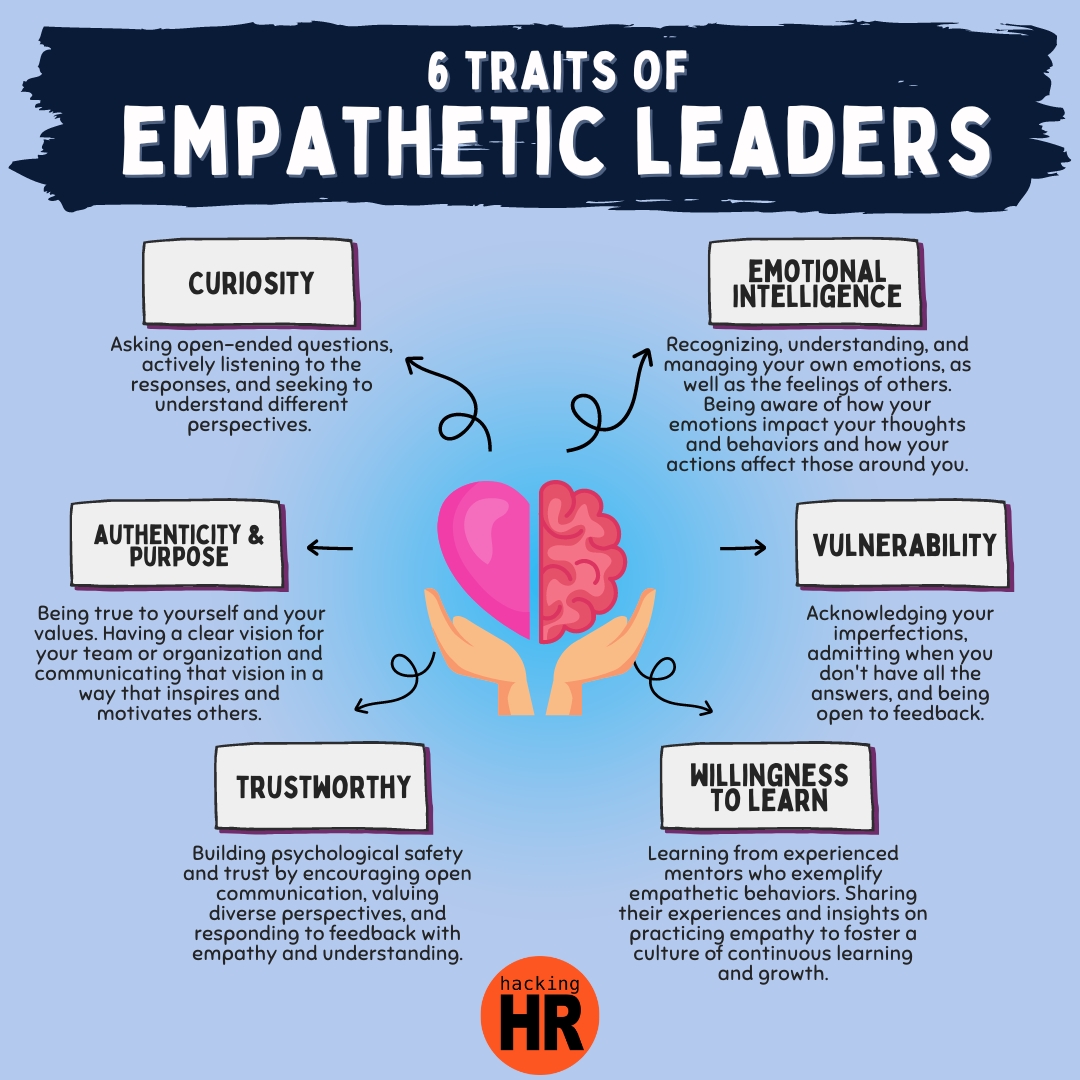The best CEOs lead with heart and results.
In today’s rapidly changing business landscape, leadership is no longer about issuing orders from a corner office. It’s about creating an environment where people feel valued while driving performance that secures the company’s future. The most effective leaders have learned to master a delicate art: balancing empathy with accountability. They understand that behind every KPI is a human being, and behind every big win is a motivated team.
Empathy Is No Longer Optional

For decades, leadership was synonymous with authority. Bosses led through command and control, expecting loyalty without offering much in return. Those days are gone. Today’s workforce craves meaning, flexibility, and genuine care from their leaders. A 2024 Deloitte study found that 72% of employees would leave their job if they felt undervalued or ignored.
Empathy isn’t just about being nice. It’s about understanding employees’ challenges, listening actively, and creating a culture of trust. Companies like Microsoft and Unilever have embedded empathy into their leadership frameworks, proving that emotional intelligence can directly impact the bottom line. Satya Nadella’s leadership at Microsoft is often cited as a case study, showing how a culture of empathy fueled innovation and drove record-breaking growth.
Performance Still Matters And Always Will
Here’s the reality: empathy alone won’t keep a business afloat. Leaders must still deliver results. Performance management remains critical, but it’s evolving. Gone are the days of rigid annual reviews that leave employees guessing for months about their standing. Modern performance management is continuous, transparent, and collaborative.
Companies like Google have pioneered the concept of OKRs (Objectives and Key Results), where leaders and employees set clear, measurable goals that align with company strategy. This approach allows managers to keep performance on track while maintaining open dialogue. It’s accountability without fear, where feedback is framed as an opportunity to grow rather than a punishment for failure.
Where Empathy Meets Accountability
The sweet spot lies at the intersection of care and clarity. Leaders who master this balance create cultures where employees feel supported yet challenged. Take Airbnb’s CEO Brian Chesky, for example. During the pandemic, Chesky delivered some of the most empathetic yet firm leadership decisions in corporate history. His transparent communication during massive layoffs combined with generous severance packages and support programs earned widespread respect while keeping the company alive through unprecedented challenges.
It’s proof that great leaders don’t choose between empathy and performance, they fuse the two. They create workplaces where people feel seen and heard, but they never compromise on results.
The Leadership Blueprint for the Future
As automation, remote work, and global competition reshape business, the leaders of tomorrow must be both emotionally intelligent and strategically sharp. The old model of leadership dictating from the top is dead. The new model requires CEOs to lead with heart and data, blending humanity with high performance.
The question every leader should ask today: Am I creating a culture where people want to win, not just have to win? Because in the end, the best leaders know that success isn’t built on fear or force—it’s built on trust, purpose, and shared ambition.
